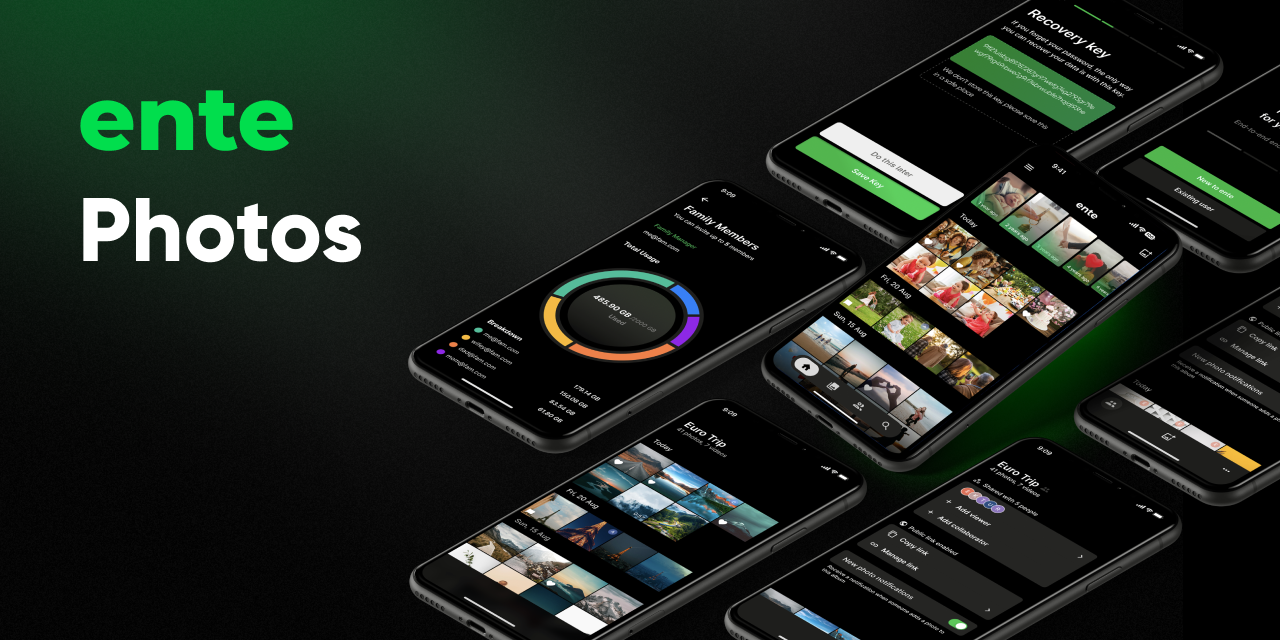Ente CLI or Linux App
I have Ente installed on my VPS. I want my local headless Raspi-based NAS to make a backup of my unencrypted library. At the moment there is no ENTE software whatsoever on the Raspberry Pi.
To use ENTE CLI to do this, do I need to just download the appropriate build of the CLI and make it executable?
Is there a way to install the linux app on a headless version of Linux?
Do I need to install the Ente self-hosted instance on my Pi, in order to get it CLI to work?
,,
 End-to-end encrypted cloud for photos, videos and 2FA secrets. - ente-io/ente
End-to-end encrypted cloud for photos, videos and 2FA secrets. - ente-io/ente

